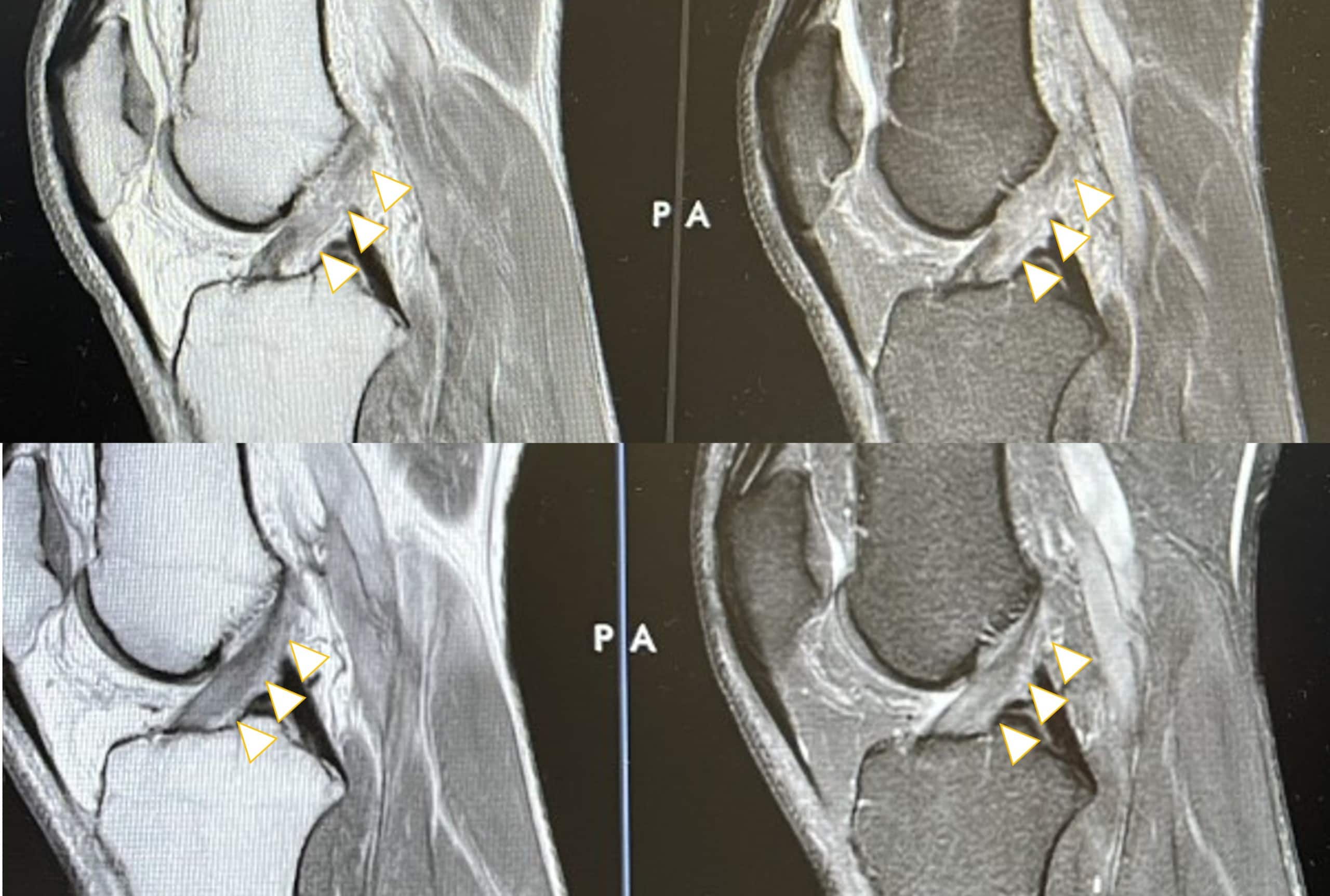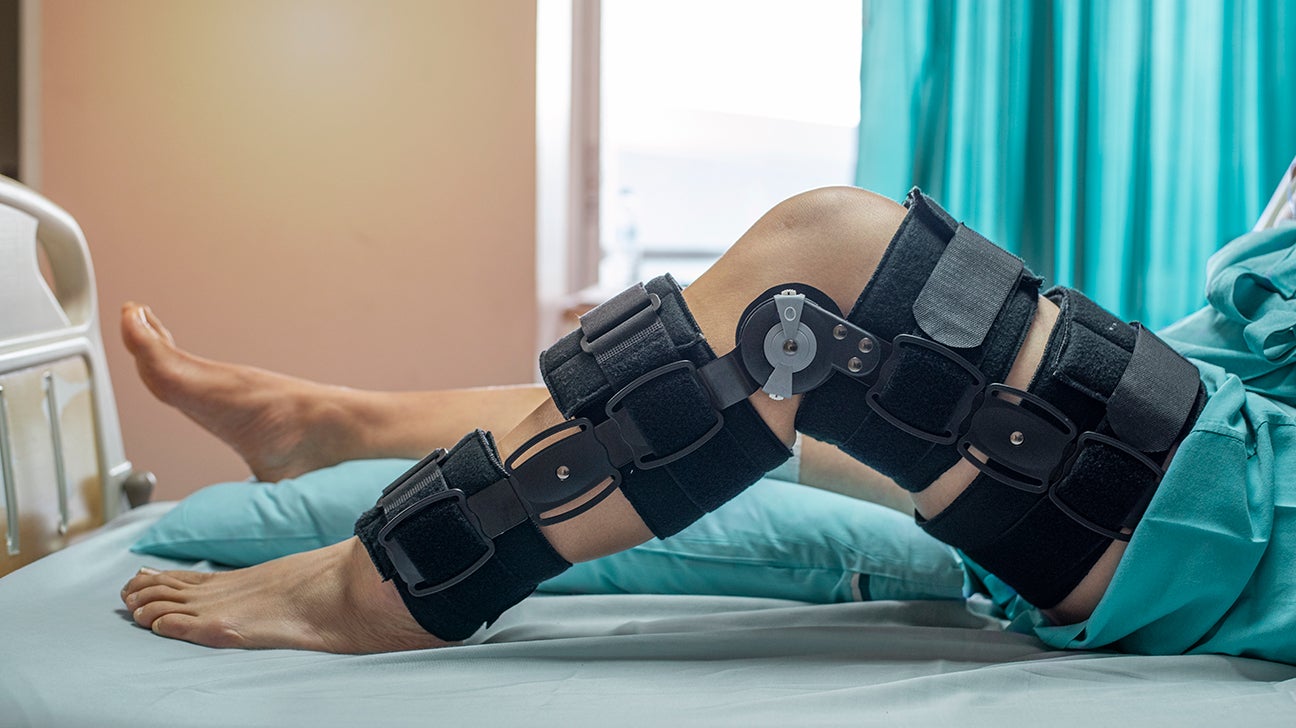Can You Live with a Torn ACL Without Surgery?
A torn anterior cruciate ligament (ACL) is a common knee injury that can be quite debilitating. The ACL is a crucial ligament that helps stabilize the knee joint, and a tear in this ligament can lead to pain, instability, and difficulty in performing daily activities. But is it possible to live with a torn ACL without undergoing the typical surgical treatment?
While surgery is often recommended for individuals with a torn ACL, it is not always necessary for everyone. The decision to undergo surgery depends on various factors such as age, activity level, and the individual’s goals. In some cases, a person with a torn ACL may choose to forgo surgery and opt for non-surgical treatment options.
Non-surgical treatments for a torn ACL include physical therapy, bracing, and activity modifications. Physical therapy focuses on strengthening the muscles surrounding the knee to provide it with better support. This can help compensate for the instability caused by the torn ligament. Bracing, on the other hand, involves wearing a knee brace to provide stability and prevent excessive movement. Activity modifications involve avoiding activities that may further damage the knee.
Living with a torn ACL without surgery can be possible, especially for individuals who are not involved in high-demand sports or activities that require sudden changes in direction. However, it is important to note that without surgical intervention, there is an increased risk of further knee damage, such as meniscus tears or cartilage injury. Additionally, living with a torn ACL can limit an individual’s ability to participate in certain physical activities and may result in chronic pain or instability.
In conclusion, while living with a torn ACL without surgery is possible, it is not always the best option for everyone. The decision should be made in consultation with a healthcare professional who can evaluate the individual’s specific circumstances and provide appropriate recommendations for treatment. Surgery may still be recommended for those who seek to return to high-demand sports or activities, as it provides a more stable and long-term solution to the torn ACL.
Can a torn ACL heal on its own?
The ACL cannot heal on its own because there is no blood supply to this ligament. Surgery is usually required for athletes because the ACL is needed in order to safely perform the sharp movements that are required in sports.
Can ACL heal without surgery?
Torn ACLs may heal with therapy instead of surgery, though some surgeons aren’t convinced. Recent research suggests a nonsurgical treatment could be as effective.

Can you walk with a torn ACL?
Full tears of the ACL and MCL are serious and can affect future movement. If the MCL or ACL tears, the result is usually pain, swelling, stiffness, and instability. In most cases, the injured person can still walk with the torn knee ligament. But the movement will be severely limited, not to mention painful.
How long does a ACL tear take to heal?
How long does it take to recover from a torn ACL? It usually takes six to nine months to recover from a torn ACL. Competitive athletes may need a little longer than this to heal fully before they’re cleared to return to their sport. Your provider will tell you when you can resume physical activities.Aug 2, 2023

What is the test where you stand on one leg?
Single Leg Stance Test The right column is for the age of the individual and the left is the average time in seconds they were able to balance on one foot. Note that this is a test that challenges your balance and doing it unsupervised can increase your chance of a fall and should not be attempted.Aug 9, 2022

How do you do a single leg stance test?
Who should I go to for hip pain?
Most orthopedic surgeons subspecialize in specific treatment areas, so you’d want to see a surgeon who focuses on hips. A sports medicine specialist is usually an orthopedic surgeon or primary care doctor who treats sports injuries and can also help to maximize athletic performance.
What is a red flag for hip pain?
Other red flags of concern with respect to the patient presenting with hip and/or groin pain include a history of trauma, fever, unexplained weight loss, burning with urination, night pain, and prolonged corticosteroid use.

What is the one leg test for hip pain?
Stand on One Leg Test – Finally, if you are concerned about your hips, try the one-legged test. Try standing on one leg for at least a minute, and if you can’t do so, even when supporting yourself, it’s time to consider hip replacement..Aug 7, 2017



